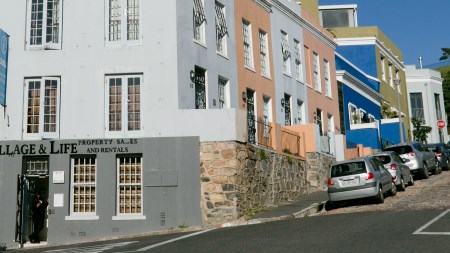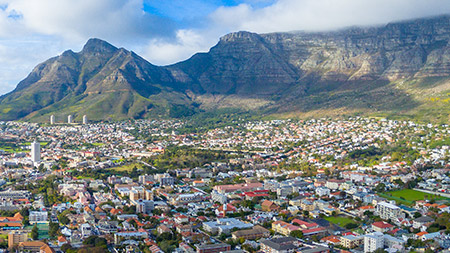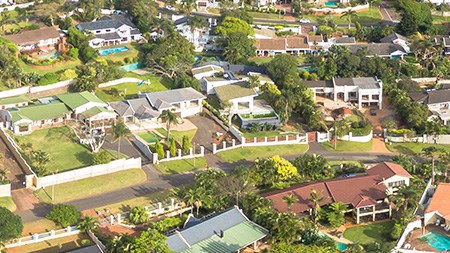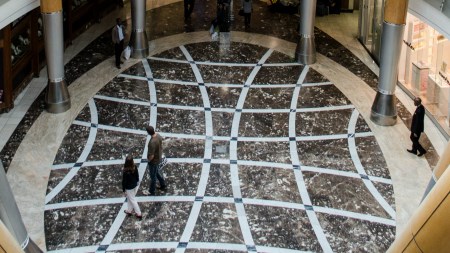Local property experts share their knowledge on the Waterkant property market.
How has the De Waterkant area changed over the past five years?
It has undergone enormous improvement with developments, upgrade of blocks of apartments and the establishment of the Cape Quarter shopping centre, which has anchored and increased the interest for investors in the area. It is the hub of business and entertainment, a mixture of cafes, piano bars, world-class boutique shopping and more. Close to the business node of the convention centre, head offices for law, accounting, banking firms, and on the main line for the MyCiTi bus and N1 and N2, it offers a safe European flair with an African touch, blending various cultures under one roof. De Waterkant is considered one of the city’s jewel suburbs.
Vangelis Doucas and David de Souza: Sales associate and intern agent, RE/MAX Living
What types of properties are available and what can buyers expect to pay?
De Waterkant combines old established houses and newer commercial buildings, mostly built in the mid-2000s, with sectional title for residents. For an entry-level studio apartment, expect to pay roughly R2m in this current market. Two brand-new developments facilitated by Rob Stefanutto, MD, Dogon Group, are The Mirage, a 17-storey mixed-use building including apartments and a world-class sky bar, and Greenwich Square, a hidden gem with a village feel and a variety of apartments, starting from R3,35m. Properties in De Waterkant have increased in value exponentially in the past three years creating a high demand for purchasing investment properties in the area.
Lindsay Lombard: De Waterkant property specialist, Dogon Group Properties
What attracts buyers to the area?
It’s a trendy suburb with a cosmopolitan mix of eateries, hotels, boutiques and businesses – Cape Town’s own little Soho. It is one of the fastest-growing precincts in the Cape Town metropole. It’s close to the major highways in any wind direction to take you to the rest of the Western Cape in minutes. It’s hard to believe that Waterkant Street was once the “water’s edge”; a century ago, the old Table Bay's fishermen and sea captains lived in the slave quarters. Today it’s a multimillion rand row of properties and multicolour Cape Dutch cottages with mostly street parking. Everyone wants to live here.
Nico Snyman: Property specialist, Chas Everitt
This article originally appeared in Neighbourhood, Sunday Times.
Journey through Cape Town's City Bowl here:





